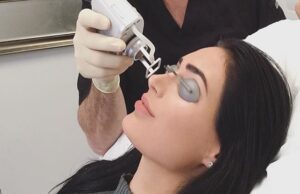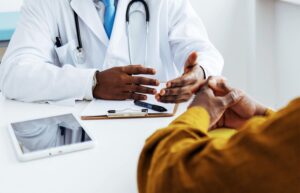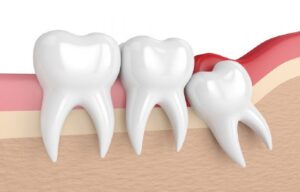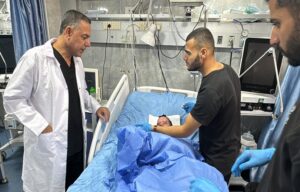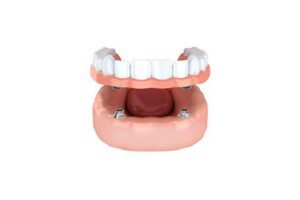WHY HAVE A COLONOSCOPY?
4 min read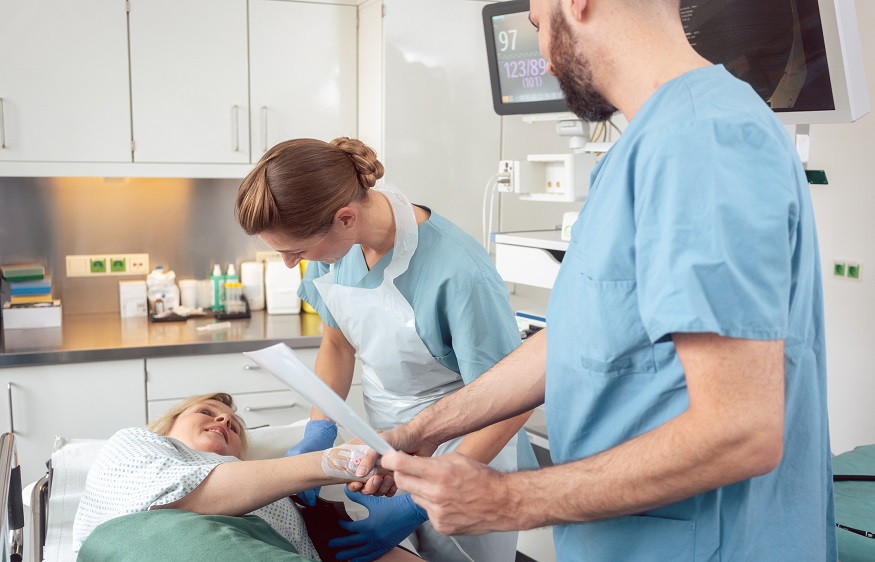
Doctor greeting patient before starting treatment in hospital
The gastroenterologist doctor will visualize the inside of the colon. Colonoscopy (or lower digestive endoscopy) makes it possible to diagnose the presence of polyps or colonic pathologies and to monitor the evolution of chronic diseases. It may also have been prescribed to you as part of colorectal cancer screening to look for colorectal cancer precursors (polyps).
HOW SHOULD I PREPARE FOR THE COLONOSCOPY?
The colonic preparation that you must carry out before the examination is very important and must be done rigorously to carry out a good quality examination. Follow the recommendations in the file “Colic preparation for a colonoscopy” .
WHAT IF I TAKE PLATELET ANTIAGGREGANTS/ANTI-COAGULANTS?
The taking of biopsies is authorized in the case of taking an antiplatelet treatment containing aspirin. In all other cases, it is necessary to consult your doctor who prescribed the antiplatelet/anticoagulant treatment in order to assess whether a temporary discontinuation is authorized. Your doctor can refer to the CHL antiplatelet/anticoagulant guide.
WHAT ARE THE POSSIBILITIES FOR SEDATION?
You decide, together with the doctor who prescribes the examination, which type of sedation is best suited to your situation or wish. It should be noted that deep sedation/anesthesia offers better tolerance of the examination but increases the risk of complications. If you feel anxious in relation to this examination and provided that you have not planned to drive a vehicle until the next morning, the doctor in the service can administer an anxiolytic treatment to you.
If deep sedation/anesthesia is desired, you must notify the department secretariat in order to schedule a consultation with a gastroenterologist, then with an anesthesiologist.
DRIVING PRECAUTIONS
Do not come with your own vehicle and make sure you are accompanied on the day of the exam by someone who is able to drive.
HOW IS A COLONOSCOPY DONE?
The duration of the exam is approximately 30 minutes.
Colonoscopy is an examination that can be unpleasant mainly because the doctor blows gas into the colon.
During the exam you lie on your left side and you will wear shorts that will preserve your privacy.
The examination is carried out using a fine and flexible lubricated endoscope introduced through the anus, it is equipped with a light source and a camera. Thus the doctor can examine the mucous membranes of the colon.
During the examination, in the endoscopy room, the doctor is assisted by a nurse who has undergone training
specializing in endoscopy. It may be necessary, during the examination, to exert external pressure on the stomach in order to be able to help move the endoscope.
Generally, the polyps found during the examination will be resected directly (polypectomy) with forceps, or with a diathermic loop or by the method of mucosectomy by injecting physiological saline below the polyp.
WHAT ARE THE RISKS OF COLONOSCOPY?
Although the risks associated with colonoscopy are rare, it is essential to enumerate them so that you are aware of them: any medical act, even carried out under conditions of competence and safety in accordance with the rules of the art, contains a risk of complication.
Perforations:
The most severe but very rare complication during diagnostic colonoscopy (less than 1 in 10,000 examinations). It mainly occurs after removal of a polyp (therapeutic colonoscopy). Its frequency is then of the order of 1 in 1000. The perforation generally requires emergency surgery in order to close the breach.
Bleeding:
Bleeding also occurs mainly after the removal of a polyp. Hemorrhage related to the biopsy is exceptional. If you are taking blood thinners, please notify the doctor or nurse before the examination.
Infections:
They are exceptional. Endoscopes are cleaned and disinfected automatically in cleaning/disinfecting machines according to specific protocols. Regarding biopsies and polyp removal, we use single-use equipment to avoid the transmission of any germs.
Possible side effects in case of administration of sedation carried out with anxiolytic treatment or by deep sedation/
For your safety, after receiving sedation, you will be taken care of in place of surveillance at the day hospital within the endoscopy department.
In a few isolated cases, hospitalization is necessary: it may be motivated by your medical and surgical history or by taking certain medications.
HOW SHOULD I BEHAVE AFTER THE EXAM?
During the examination, the doctor blows in a gas to smooth out the walls and this air can cause short-term discomfort after the examination. You will remain under observation in a monitoring room.
If the doctor removed the polyps during the colonoscopy, you will have to remain vigilant during the days following this examination in relation to possible bleeding. If this is the case, you will need to contact the digestive endoscopy service again. During the next 48 hours, you will take care not to make any effort and not to carry heavy loads.
After the examination, you can go home accompanied unless polyps have been removed and the doctor considers it preferable that you remain hospitalized overnight for observation.
YOU HAVE QUESTIONS ?
Whatever the problems encountered before or after the examination, you must speak to your doctor who remains at your disposal to answer your questions and give you the necessary details.
You can contact us for any questions relating to this exam at: +352 4411-6475 from 2:00 p.m. to 4:00 p.m.

